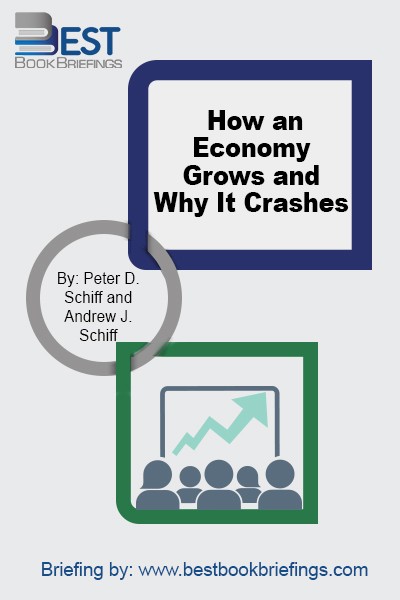How an Economy Grows and Why It Crashes
Number of pages: 288
Publisher: Wiley
BBB Library: Economics and Investment, Technology and Globalization
ISBN: 9781118770276
Editorial Review
In 2007, when the world was staring into the teeth of the biggest economic catastrophe in three generations, very few economists had any idea there was any trouble lurking on the horizon. Three years into the mess, economists now offer remedies that strike most people as frankly ridiculous. We are told that we must go deeper into debt to fix our debt crisis! And that we must spend in order to prosper. The reason their vision was so poor then, and their solutions so counterintuitive now, is that few have any idea how their science actually works. They disconnect results from the nearly universal acceptance of the theories of John Maynard Keynes, a very smart early-twentieth-century English Academic who developed some very stupid ideas about what makes economics grow. Essentially, Keynes managed to pull off one of the neatest tricks imaginable: He made something simple seem to be hopelessly complex. At the core of his view was the idea that governments could smooth out the volatility of free markets by expanding the supply of money and running large budget deficit when times were tough. The model proposed by Keynesians, whereby governments can spend without consequence in the belief that worthless money can be an effective economic lubricant, is false and dangerous.
Book Reviews
Books on Related Topics
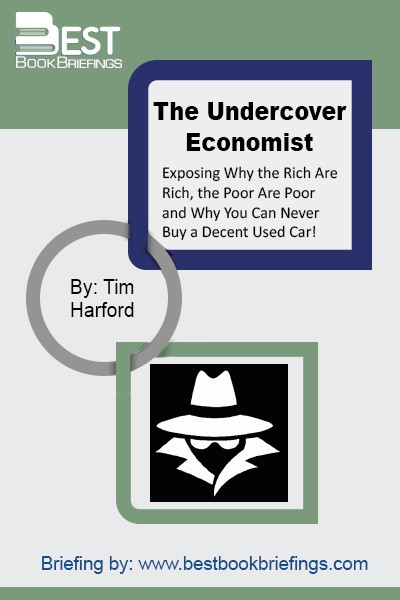
There might be an economist sitting near you right now. You might not spot him¾a normal person looking at an economist would not notice anything remarkable. But normal people look remarkable in the eyes of economists. What is the economist seeing? What could they tell you, if you cared to ask?
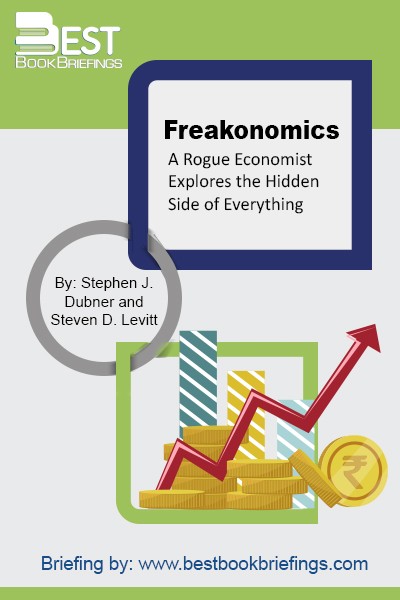
Incentives are the cornerstone of modern life. And understanding them or ferreting them out is the key to solving just about any riddle. It isn't just the boldface names inside-trading CEOs and pill-popping ballplayers and perk-abusing politicians¾who cheat. It is the waitress who pockets her tips instead of pooling them. It
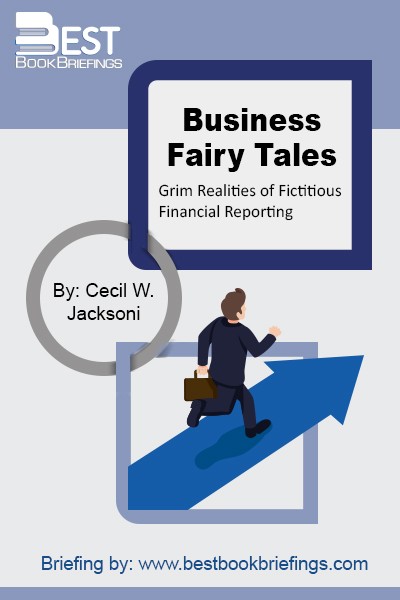
On the heels of the Enron trial, there are many lessons to be learned from the barrage of fraud hammering corporate America -- including how to spot signs of future impropriety. In a gripping and intriguing read, BUSINESS FAIRY TALES uses real-world scandals to illustrate the top twenty most common methods
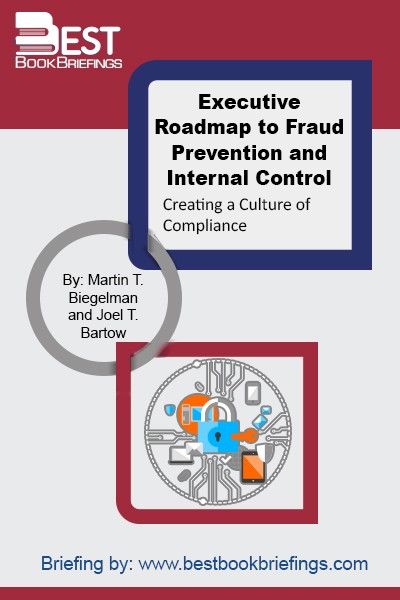
Arresting every fraudster and punishing him are very expensive and require a lot of unavailable human and financial resources. The damaging effects of fraud would not be reversed, nor would lost assets or reputations be restored when fraud is discovered. It is economically more feasible to prevent fraud than to detect
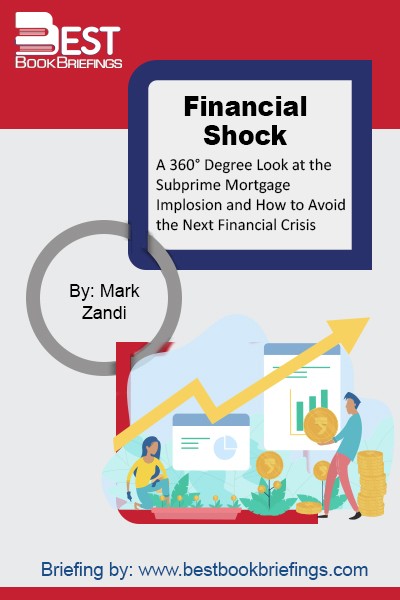
Watching a financial crisis feels much like watching a natural crisis; as long as you are watching from distance. Although one is made by man and the other isn’t, there is something deeply mysterious about each; it isn’t quite clear how or why, or why now. Of course, each can create
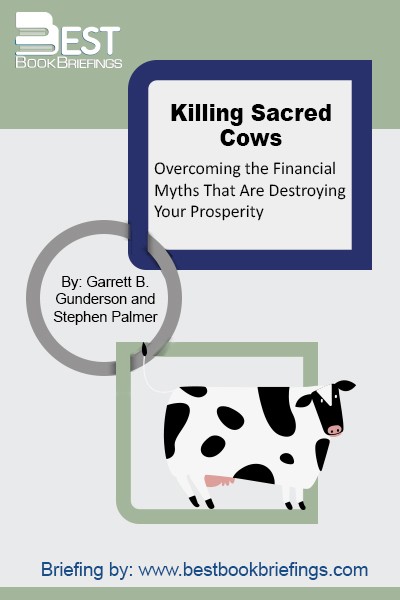
Western culture is riddled with destructive myths about money and prosperity that are severely limiting individuals' power, creativity, and financial potential. In Killing Sacred Cows, Gunderson boldly exposes ingrained fallacies and misguided traditions in the world of personal finance.
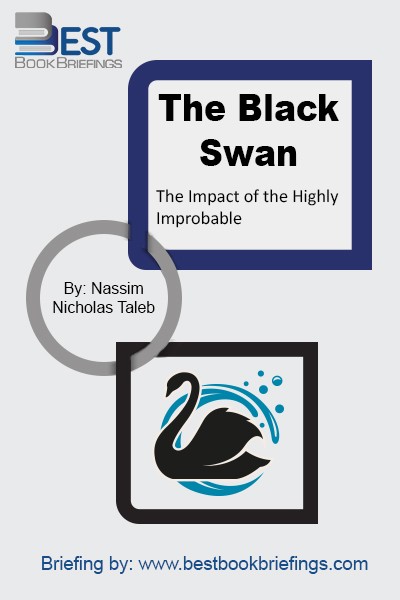
A black swan is a highly improbable event with three principal characteristics: It is unpredictable; it carries a massive impact; and, after the fact, we concoct an explanation that makes it appear less random, and more predictable, than it was. The astonishing success of Google was a black swan; so was 9/11.
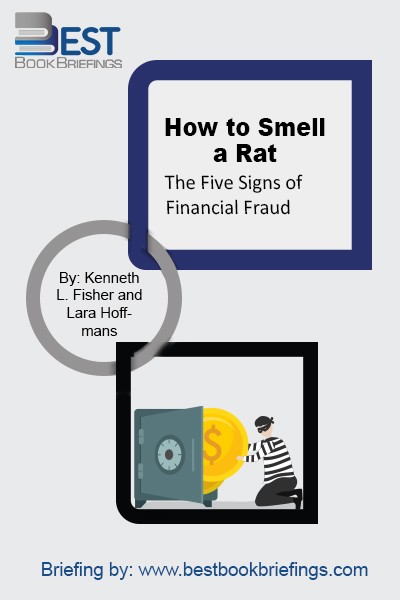
2008 and 2009 will be remembered for bear markets, a global credit crunch and some of the largest investment scams ever. But these scams are nothing new; from Charles Ponzi to Bernard Madoff to Sir R. Allen Stanford, they've been repeated throughout history, and there will certainly be more to come
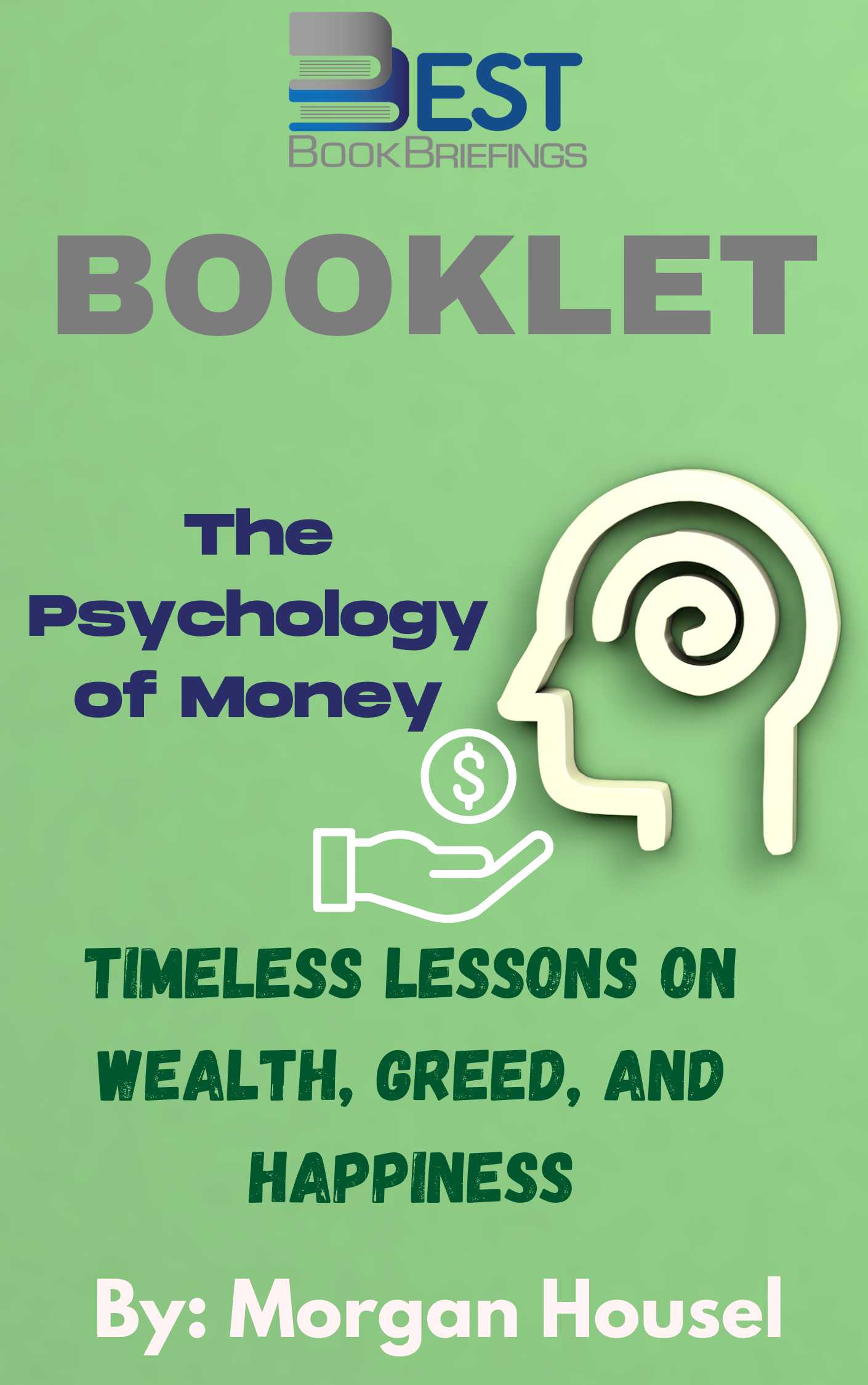
Doing well with money isn’t necessarily about what you know. It’s about how you behave. And behavior is hard to teach, even to really smart people.Money-investing, personal finance, and business decisions-is typically taught as a math-based field, where data and formulas tell us exactly what to do. But in the real
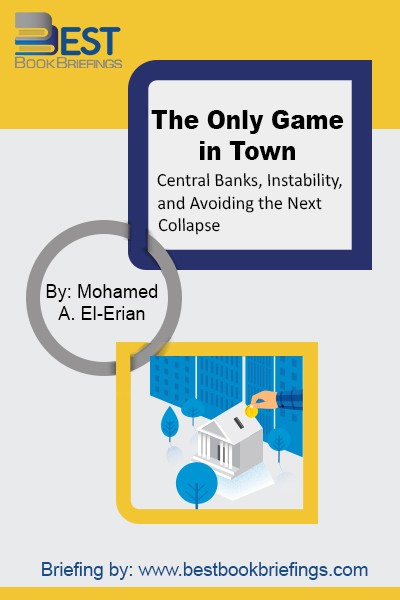
The global financial crisis that shook virtually every country, government, and household in the world in 2008-09 gave way to a frustrating “new normal” of low growth, rising inequality, political dysfunction, and, in some cases, social tensions, so much so that the path of the global economy is likely to end
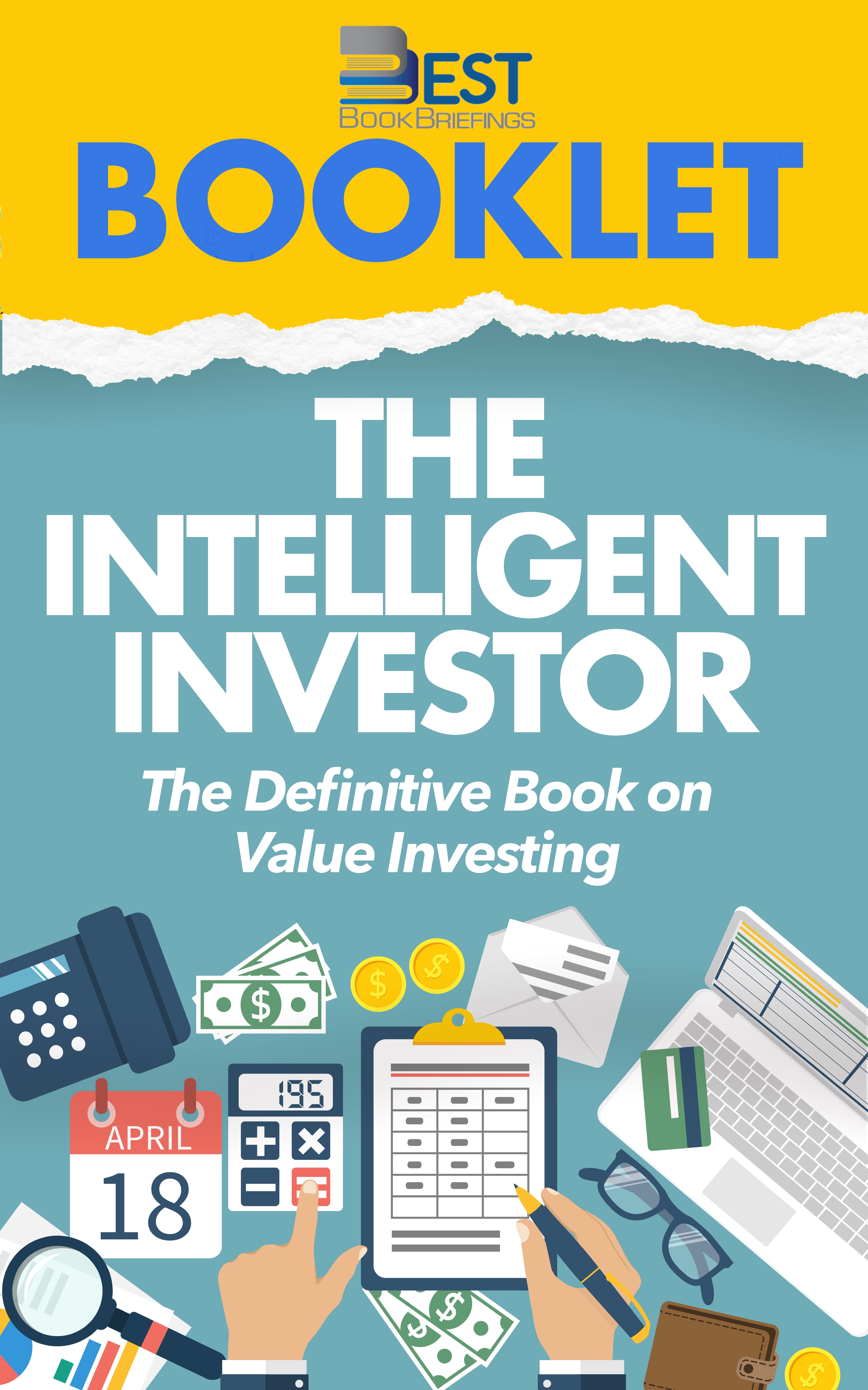
This classic text is annotated to update Graham's timeless wisdom for today's market conditions... The greatest investment advisor of the twentieth century, Benjamin Graham, taught and inspired people worldwide. Graham's philosophy of value investing -- which shields investors from substantial error and teaches them to develop long-term strategies -- has made The Intelligent
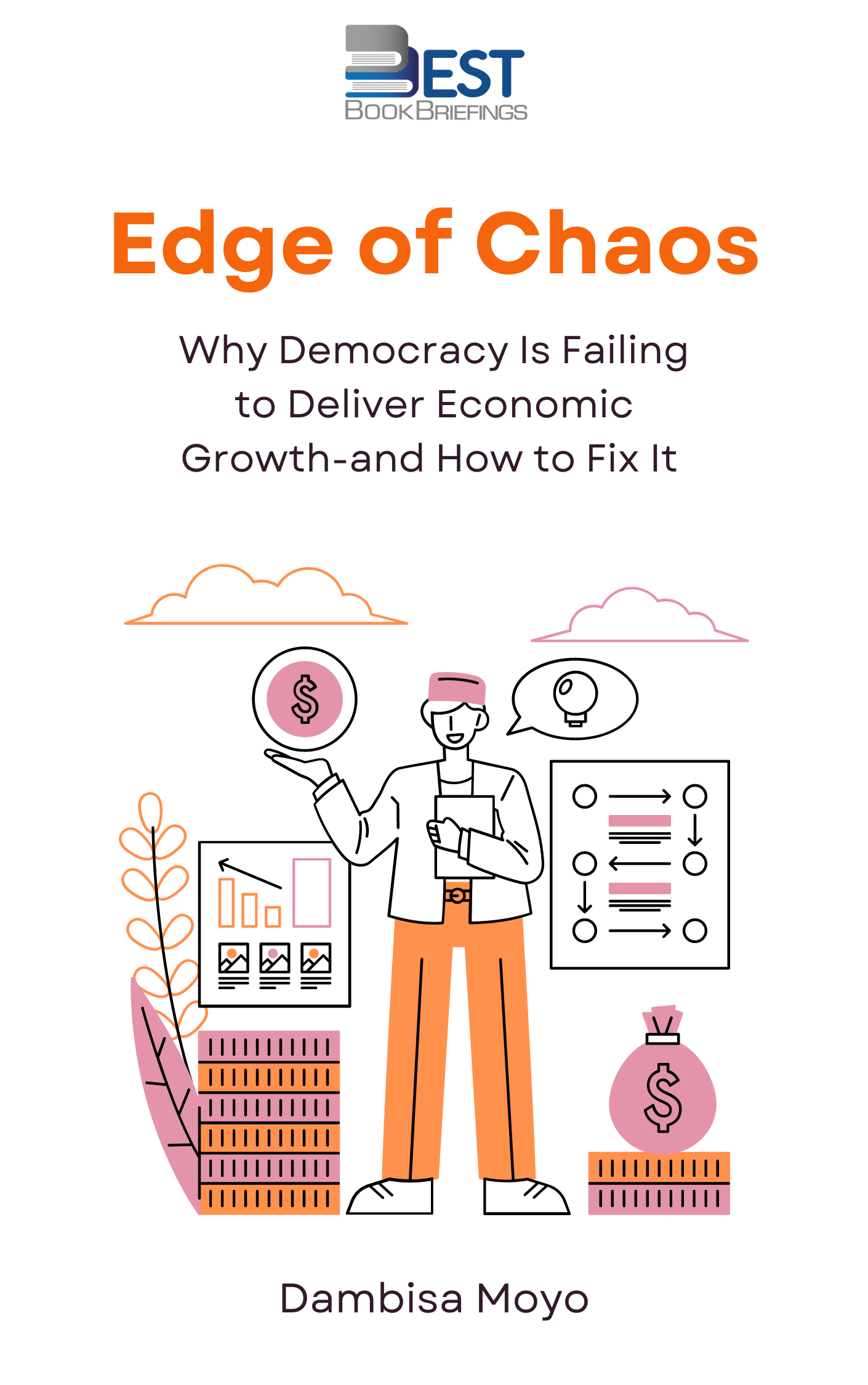
In Edge of Chaos, Dambisa Moyo shows why economic growth is essential to global stability, and why liberal democracies are failing to produce it today. Rather than turning away from democracy, she argues, we must fundamentally reform it. Edge of Chaos presents a radical blueprint for change in order to galvanize

